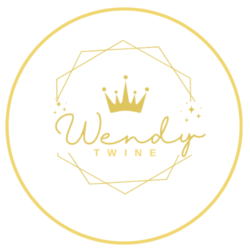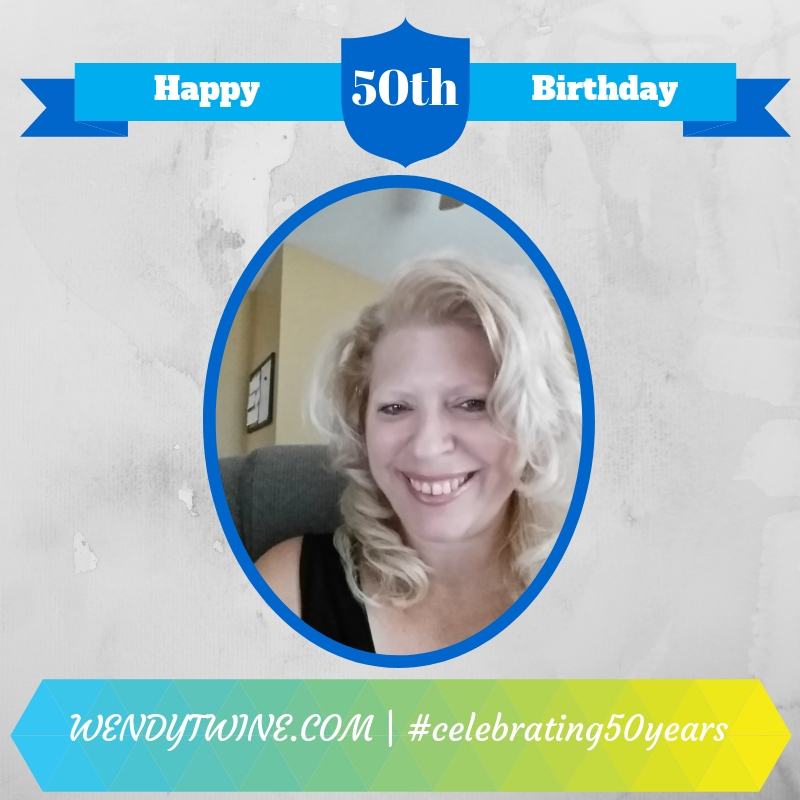- Fixed-Rate Mortgages
- Adjustable-Rate Mortgages (ARMs)
- The Convertible ARM
- Balloon Mortgages
- FHA & VA Loans (also known as Government Loans)
If you’re looking for a mortgage with payments that will remain essentially unchanged over its term, or if you plan to stay in your new home for a long time, a fixed-rate mortgage is probably right for you.
With a fixed-rate mortgage, the interest rate you pay and the monthly principal and interest payments are agreed upon from the outset and will not change throughout the term of the mortgage. In other words, the interest rate you close with won’t change—and your payments of principal and interest will remain the same each month—until the mortgage is paid off. As you can see, the fixed-rate mortgage is an extremely stable choice. You are protected from rising interest rates. And it makes budgeting for the future very easy.
But in certain types of economies, interest rates for a fixed-rate mortgage can be considerably higher than the initial interest rate of other mortgage options. That is the one disadvantage of a fixed-rate mortgage. Once your rate is set, it does not change and falling interest rates will not affect what you pay. However, you do have the option of refinancing if interest rates drop significantly.
Back to top
| Adjustable-Rate Mortgages (ARMs) |
An adjustable-rate mortgage (ARM) is considerably different from a fixed-rate mortgage. It may be best if you’re buying a home while interest rates are high, if you expect increases in your income, or if you don’t plan to keep your home long. Keep in mind, with an ARM, you are taking the risk on the rise or fall of interest rates, not the bank.
In most cases, the initial interest rate of an ARM is lower than a fixed-rate mortgage.
With an ARM, your mortgage rate rises and falls with interest rates. Each lender’s interest rates are usually tied to a specific index like COFI, LIBOR, the T-Bill rate, or the CD index. The rate you pay will be based on your lender’s index plus a margin, usually two to three points. Ask your lender for specifics. Also ask how the “caps” on your ARM work. “Caps” will limit the amount your lender can increase your interest rate in a single year and over the entire term of the loan.
Back to top
The convertible ARM is an option that is currently very popular. It’s a combination of both fixed-rate and adjustable-rate mortgages, offering the best of both options in one package.
The convertible ARM allows you to convert to a fixed-rate mortgage after a set period of time. For instance, you could get a one-year ARM with the option to convert any time after the first through the fifth adjustment period. This way you can initially benefit from the lower interest rate of a standard ARM, then take advantage of locked-in payments later.
Back to top
Another type of mortgage that has become popular in recent years is the balloon mortgage, so-called because it requires you to pay off your loan in full or refinance at the end of the mortgage term (usually five or seven years). The advantage of a balloon mortgage is that your monthly payments during the mortgage term are generally lower than they would be for a traditional 30-year fixed-rate mortgage.
Balloon mortgages are traditionally popular with first-time home buyers with growing families and with individuals who expect to be relocated by the employer. If you anticipate moving in five to seven years, you can take advantage of lower interest rates (sometimes from three-eighths to three-quarters of a percentage point less than traditional fixed-rate loans) for that time period. If you end up staying longer in your residence then you’ll have to pay the balance at the end of the term, or more likely, refinance your mortgage at the then-current interest rate. Many lenders also offer an option that allows you to convert to a fixed-rate mortgage, provided certain conditions are met.
Qualifications for a balloon mortgage vary depending on the lender you choose, but most require at least a 20% down payment.
Back to top
| FHA & VA Loans (also known as Government Loans) |
Veterans may qualify for Veterans Administration mortgages. There are caps on the size of a VA loan you can get, but this loan could be ideal for buying a lower priced home with a small down payment.
FHA or Federal Housing Administration loans are available to Americans with smaller incomes who are buying modestly priced homes. Look for properties that are designated as “FHA approved.” |





